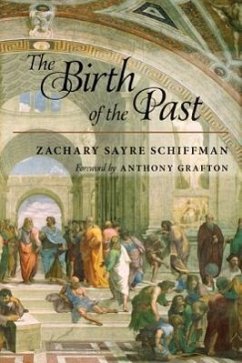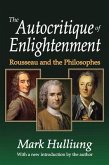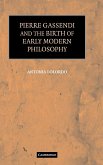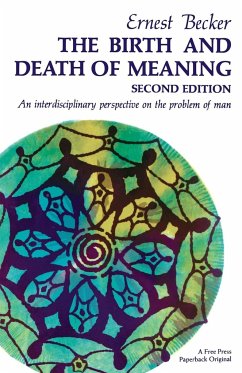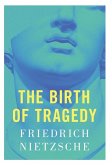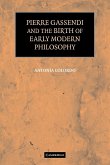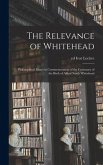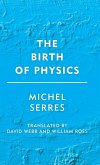Outstanding Academic Title, Choice How did people learn to distinguish between past and present? How did they come to see the past as existing in its own distinctive context? In The Birth of the Past, Zachary Sayre Schiffman explores these questions in his sweeping survey of historical thinking in the Western world. Today we automatically distinguish between past and present, labeling things that appear out of place as "anachronisms." Schiffman shows how this tendency did not always exist and how the past as such was born of a perceived difference between past and present. Schiffman takes readers on a grand tour of historical thinking from antiquity to modernity. He shows how ancient historians could not distinguish between past and present because they conceived of multiple pasts. Christian theologians coalesced these multiple pasts into a single temporal space where past merged with present and future. Renaissance humanists began to disentangle these temporal states in their desire to resurrect classical culture, creating a "living past." French enlighteners killed off this living past when they engendered a form of social scientific thinking that measured the relations between historical entities, thus sustaining the distance between past and present and relegating each culture to its own distinctive context. Featuring a foreword by the eminent historian Anthony Grafton, this fascinating book draws upon a diverse range of sources--ancient histories, medieval theology, Renaissance art, literature, legal thought, and early modern mathematics and social science--to uncover the meaning of the past and its relationship to the present. "Complex and erudite, confident and controversial. As Schiffman's brilliant argument suggests, anachronism not only helps define the past but becomes its doppelgänger."--Times Literary Supplement "Lively, brilliant, and erudite. [Schiffman's] learned and engaging style [and] fresh, stimulating ideas provide a intellectual feast not only for students of Western civilization, but for those of us seeking to understand other traditions. Essential."--Choice "This ambitious, lucid book chronicles European methods of imagining and representing the past from the ancient Greeks to the French Enlightenment. Schiffman provides a masterful account of the emergence of modern notions of historical causation that begins with Thucydides and ends more than two thousand years later with Montesquieu and Herder."--Sixteenth Century Journal "Anyone with an interest in the history of ideas, or the history of historiography for that matter, will find that this book repays close attention."--Reviews in History Zachary Sayre Schiffman is the Bernard Brommel Distinguished Research Professor Emeritus in the Department of History at Northeastern Illinois University. He is the author of On the Threshold of Modernity: Relativism in the French Renaissance, the coauthor of Information Ages: Literacy, Numeracy, and the Computer Revolution, and the editor of Humanism and the Renaissance.
Hinweis: Dieser Artikel kann nur an eine deutsche Lieferadresse ausgeliefert werden.
Hinweis: Dieser Artikel kann nur an eine deutsche Lieferadresse ausgeliefert werden.

